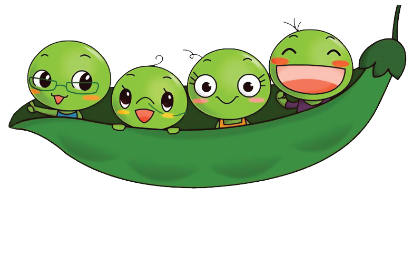|
Red Flag
|
Intervention
|
|
Poor jaw stability or low tone
|
- provide supportive positioning with hip flexion and midline flexion
- provide firm, constant external facilitation or support of the jaw and cheek with fingers or hand while mouthing and feeding
|
|
Excessive jaw movement
|
- provide supportive positioning with hip flexion and midline flexion
- provide external facilitation or support of the jaw and cheek to reduce or limit jaw movement with fingers or hand while mouthing and feeding
|
|
Poor lip seal/poor cheek stability
|
- provide supportive postural positioning.
- encourage lip closure by providing facilitative support of lower lip, cheek or jaw with thumb and index finger.
|
|
Tongue retraction
|
- provide supportive postural positioning with midline flexion of shoulders or try a well-supported side lying position with head elevation
- stimulate the rooting reflex prior to all mouthing or feeding activities
- once rooting reflex elicited practice non-nutritive sucking on finger gradually moving the contact deeper along the palate
- work finger onto the top of the tongue
- try jiggling, tapping or stroking the tongue to encourage forward and down placement of the tongue. Do not exceed the infant’s threshold
|
|
Tongue thrust/protrusion
|
- provide supportive postural support
- apply firm tapping or touch pressure to the midline of the tongue – start at the tip of the tongue and move to the midline
- if spoon feeding, use a firm plastic spoon, apply downward pressure on the mid-tongue as the food is tipped off the spoon
- encourage lip closure by providing facilitative support of lower lip, cheek or jaw with thumb and index finger
- minimize feeding equipment that may exacerbate tongue thrusting patterns (e.g. nipples and spouts)
|
|
Lack of central grooving in tongue
|
- stimulate the rooting reflex prior to all mouthing or feeding activities
- once rooting reflex elicited, practice non-nutritive sucking (NNS) on finger, gradually moving the contact deeper along the palate
- when NNS cycle complete, bend the finger so that the knuckle places pressure on the tongue
- slowly rotate finger so that the pad is now on top of the tongue, apply gentle downward pressure, slowly removing finger from mouth
|
|
Nasopharyngeal regurgitation
|
- this is indicative of palatal dysfunction and should be further investigated by a speech-language pathologist, plastic surgeon or Ear, Nose, & Throat (ENT) specialist.
|
